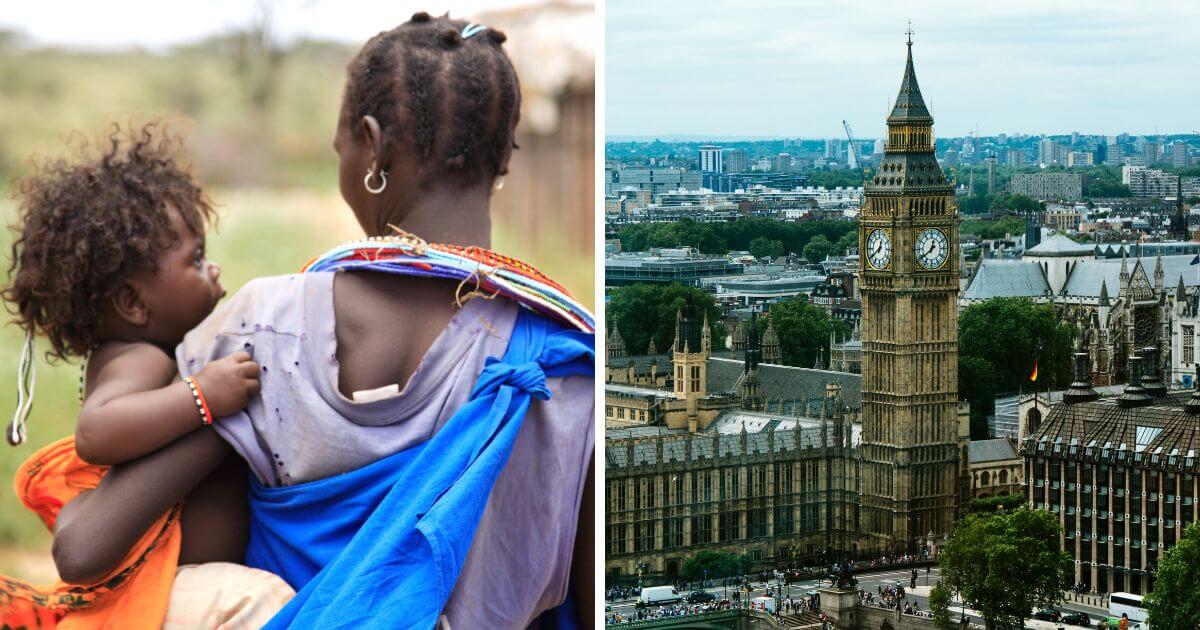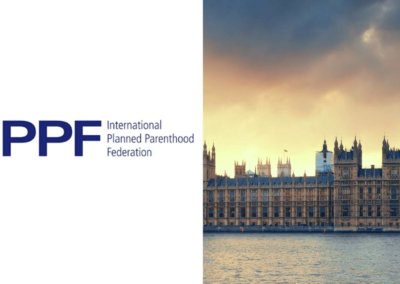The Foreign, Commonwealth & Development Office (FCDO) has launched a new initiative “to tackle gender inequality around the world” with the use of over £200 million of taxpayers’ money for programmes that provide abortions and fund ‘pro-choice’ campaigns in Africa.
The Women and Girls Strategy was launched on International Women’s Day and up to £200 million of taxpayer money will be spent on the Women’s Integrated Sexual Health programme. The programme is implemented by international abortion providers MSI Reproductive Choices (previously Marie Stopes International) and International Planned Parenthood Federation (IPPF).
A Government paper called ‘International Women and Girls Strategy 2023–2030‘ accompanying the launch of the initiative explains that one of its goals is to “prioritise the often-neglected issue of safe abortion”.
The Government press release explains “this is the first international Women and Girls Strategy that brings together all the UK’s development and diplomacy work”. Previous initiatives, including the Department for International Development’s (DFID) ‘Strategic Vision for Gender Equality’ in 2018, also promoted abortion overseas.
A further £38 million for abortion promotion
In addition to the up to £200 million, some of which will be used for providing abortions overseas, a separate £38 million is being made available to the ‘Equality fund’ (£33 million) – a Canadian based activism group – and a South African advocacy group called ‘Gender Links’ (£5 million).
The Equality fund offers grants to various grassroots organisations promoting various causes, including a campaign called “WE-Change”, which operates in the Caribbean and “has been working on revamping their abortion advocacy to focus on informing the public on abortions…”
‘Gender links’ campaigns throughout the south of Africa to promote abortion and/or expand existing abortion access. They have had abortion campaigns over the last 4 years in at least 13 countries including Botswana, Malawi, Tanzania and Zimbabwe.
Taxpayers’ money wasted
This Government commitment is the latest in a series to use taxpayers’ money to fund abortion overseas. In 2018, the Conservative Government pledged to spend £200 million on its Women’s Integrated Sexual Health programme.
In 2019 the Secretary of State for International Development, Alok Sharma MP, announced to the UN that the Department for International Development (DFID) would be providing an additional £600 million of taxpayer money for “family planning”, which included funding abortions.
This pledge was the UK Government’s largest ever stand-alone spend of taxpayer money in this area and comes on top of the £1.1 billion already pledged over a 5-year period beginning in 2017.
Polling shows that there is little public support for taxpayers’ money being spent in this manner with 65% of the British population opposed to this money being used to fund abortions overseas.
Right To Life UK spokesperson Catherine Robinson said “The Government’s use of taxpayers’ money for overseas abortion is an outrage. Not only is there a cost of living crisis but abortion does nothing for women or their children. Our Government is continuing to perpetuate the lie that women’s flourishing is directly opposed to that of their own babies, and is promoting this lie in developing countries.”












